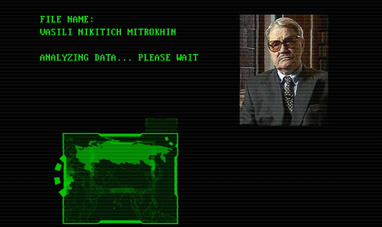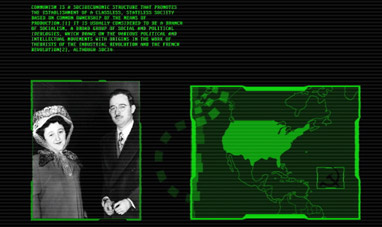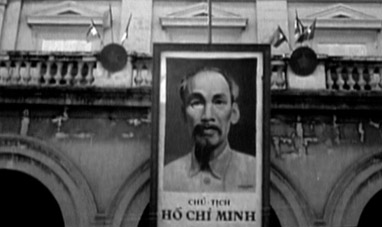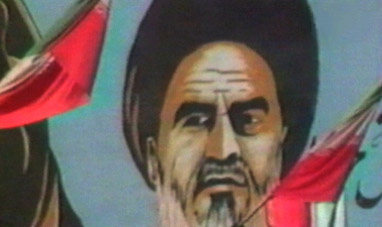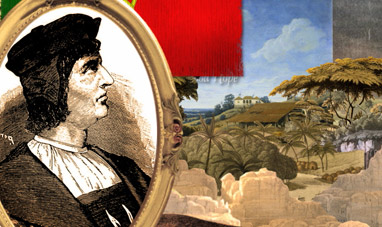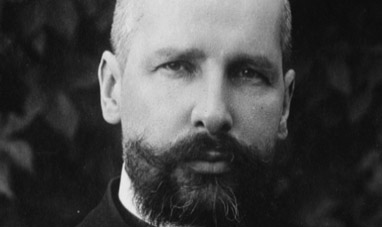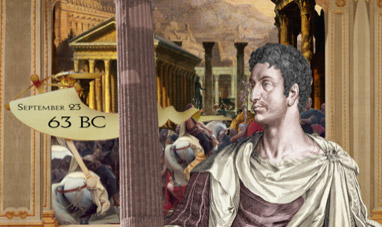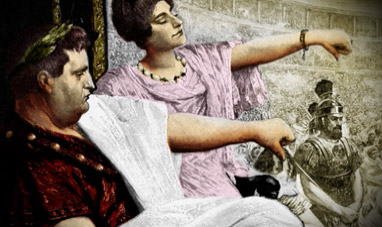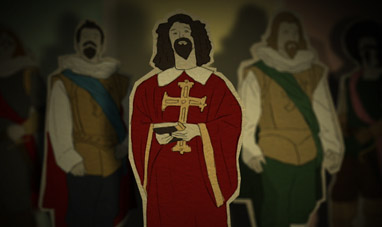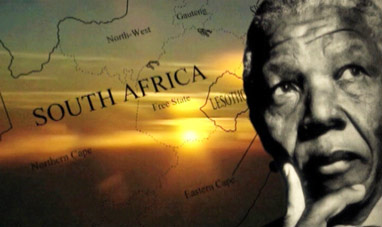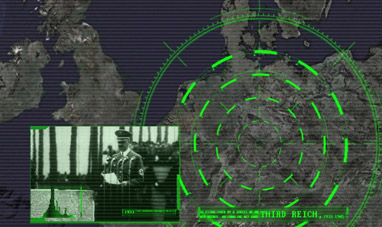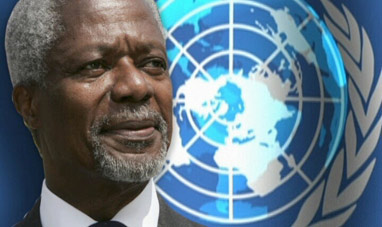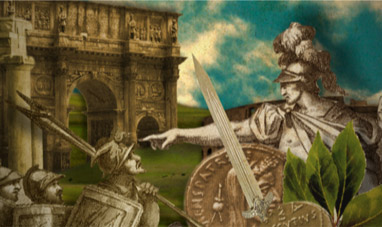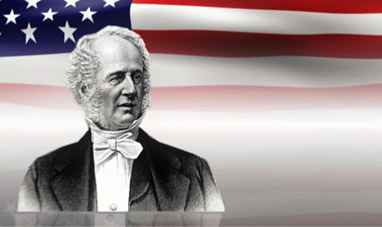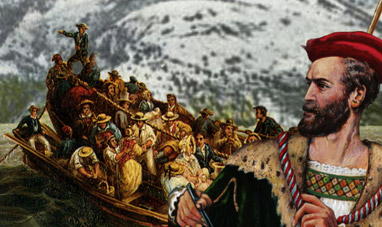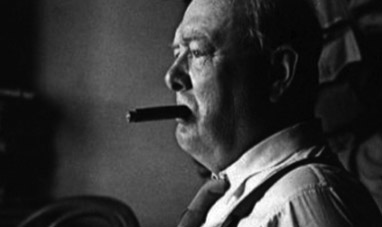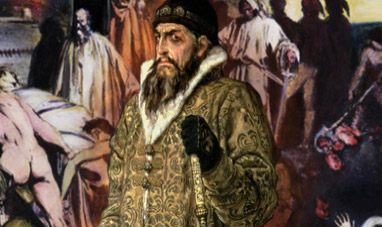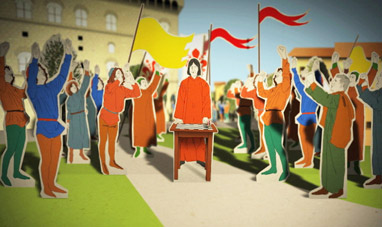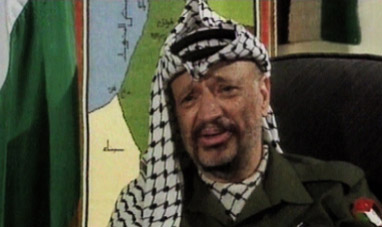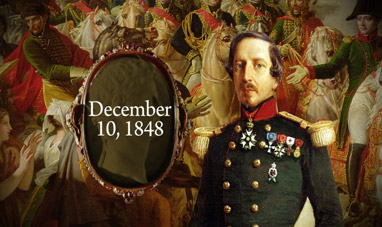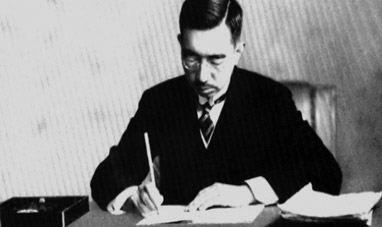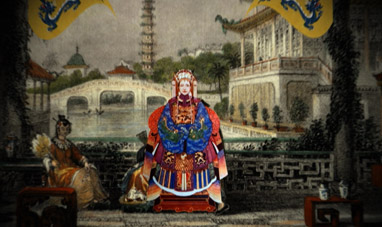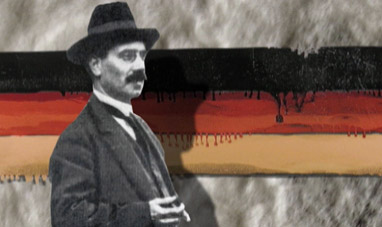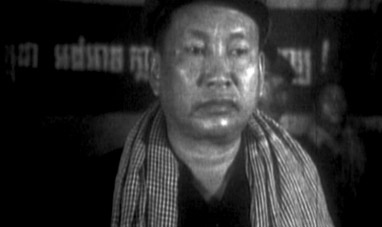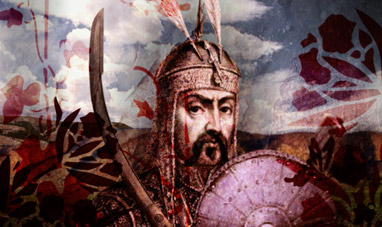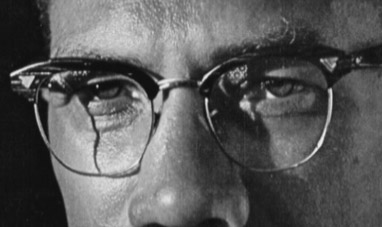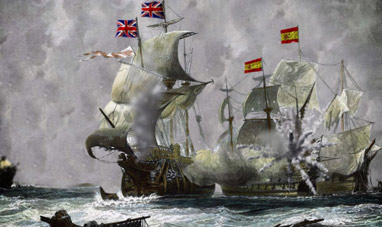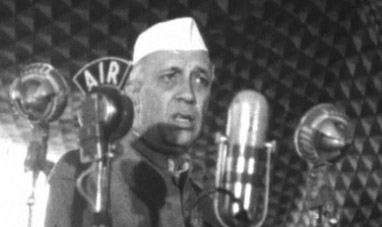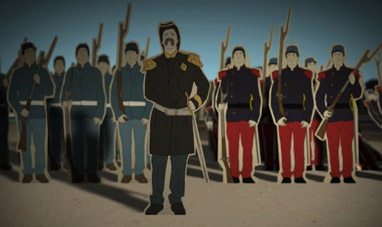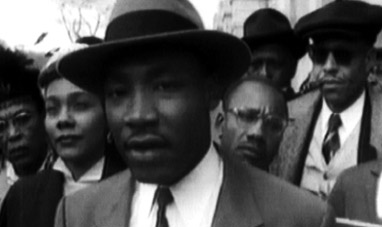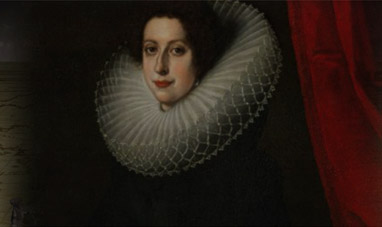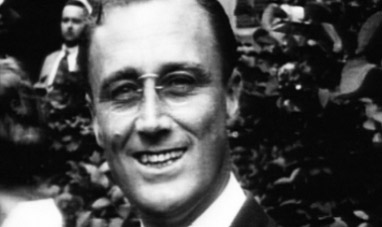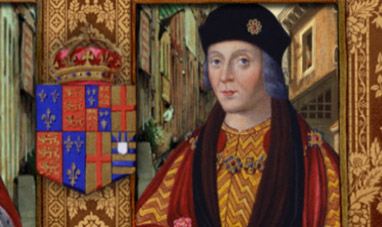Sir Henry Morton Stanley is considered one of the greatest explorers of the 19th Century. He was born with the name John Rowlands on January 28, 1841 in Denbigh, Wales. An illegitimate son, Rowlands spent his childhood in an orphanage. He eventually escaped the institution at age 15.
In 1858, he became a cabin boy on a vessel headed for New Orleans. In America, he met a wealthy trader named Henry Hope Stanley, who treated him like a son. The young man took on his surrogate father’s name as a sign of gratitude when the businessman died in 1861. Stanley participated in the American Civil War as a member of the US Navy.
Going on to work as a journalist, he reported on the aftermath of the California gold rush and the westward expansion of the US.
Stanley later traveled throughout Turkey and Asia Minor, writing for several magazines. In 1867, the New York Herald hired him to be their special correspondent in Ethiopia.
His career reached a turning point in 1871, when the New York Herald sent him to find Scottish explorer David Livingstone. Livingstone had disappeared during an expedition to find the source of the Nile. Stanley found him in Ujiji, a village on the shores of Lake Tanganyika, greeting him with the famous phrase, “Dr. Livingstone, I presume.”
Instead of merely interviewing the man as he had originally planned, Stanley remained with Livingstone and helped explore Lake Tanganyika. In 1872, Stanley returned to Europe a hero. He recounted his feat in the best-selling book, How I Found Livingstone.
In light of Stanley’s success, the New York Herald and the Daily Telegraph decided to finance him for another expedition.
He left for Zanzibar on November 12, 1874 to continue Livingstone’s work. Stanley found that the Kagera River was the Nile’s ultimate, if indirect, source. The Kagera flows into Lake Victoria, which in turn gives rise to the Nile.
Afterwards, Stanley headed south, becoming the first European to reach the Atlantic Ocean via the River Congo.
In 1879, he returned to the Congo region on an expedition financed by King Leopold II of Belgium. During the journey, Stanley founded the city of Leopoldville and established trade with local chiefs. He thus laid the groundwork for the future colony known as the Belgian Congo.
Stanley made his last trip to Africa in 1887. When chaos erupted in southern Sudan, he led an expedition to rescue the deposed governor, Emin Pasa. He then proceeded southward and discovered the Ruwenzori mountain chain as well as Lake Edward.
Stanley returned to England in 1890 and married Welsh artist Dorothy Tennant. He served in the Parliament from 1895 to 1900 and was knighted.
Sir Henry Morton Stanley died in London on May 10, 1904. He was 63. He succeeded where Livingstone and other explorers had failed, revealing the mystery of the Nile’s source.
In 1858, he became a cabin boy on a vessel headed for New Orleans. In America, he met a wealthy trader named Henry Hope Stanley, who treated him like a son. The young man took on his surrogate father’s name as a sign of gratitude when the businessman died in 1861. Stanley participated in the American Civil War as a member of the US Navy.
Going on to work as a journalist, he reported on the aftermath of the California gold rush and the westward expansion of the US.
Stanley later traveled throughout Turkey and Asia Minor, writing for several magazines. In 1867, the New York Herald hired him to be their special correspondent in Ethiopia.
His career reached a turning point in 1871, when the New York Herald sent him to find Scottish explorer David Livingstone. Livingstone had disappeared during an expedition to find the source of the Nile. Stanley found him in Ujiji, a village on the shores of Lake Tanganyika, greeting him with the famous phrase, “Dr. Livingstone, I presume.”
Instead of merely interviewing the man as he had originally planned, Stanley remained with Livingstone and helped explore Lake Tanganyika. In 1872, Stanley returned to Europe a hero. He recounted his feat in the best-selling book, How I Found Livingstone.
In light of Stanley’s success, the New York Herald and the Daily Telegraph decided to finance him for another expedition.
He left for Zanzibar on November 12, 1874 to continue Livingstone’s work. Stanley found that the Kagera River was the Nile’s ultimate, if indirect, source. The Kagera flows into Lake Victoria, which in turn gives rise to the Nile.
Afterwards, Stanley headed south, becoming the first European to reach the Atlantic Ocean via the River Congo.
In 1879, he returned to the Congo region on an expedition financed by King Leopold II of Belgium. During the journey, Stanley founded the city of Leopoldville and established trade with local chiefs. He thus laid the groundwork for the future colony known as the Belgian Congo.
Stanley made his last trip to Africa in 1887. When chaos erupted in southern Sudan, he led an expedition to rescue the deposed governor, Emin Pasa. He then proceeded southward and discovered the Ruwenzori mountain chain as well as Lake Edward.
Stanley returned to England in 1890 and married Welsh artist Dorothy Tennant. He served in the Parliament from 1895 to 1900 and was knighted.
Sir Henry Morton Stanley died in London on May 10, 1904. He was 63. He succeeded where Livingstone and other explorers had failed, revealing the mystery of the Nile’s source.

